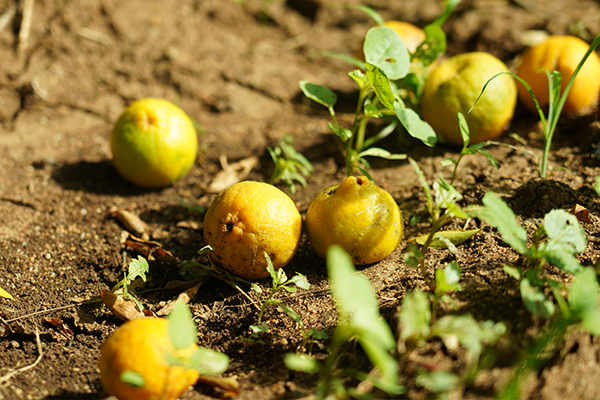Zero Hunger: Our Goal, Our Future
World Food day was established by the Food and Agriculture Organisation (FAO) of the United Nations in 1981. Every year on the 16th day of October, people from all over the world come together to celebrate World Food Day! FAO aimed to address global food-related issues.
This day provides an opportunity to spread awareness about hunger and malnutrition, promote sustainable agricultural practices and advocate for food security. It also reminds us about the crucial role of food in our lives.
"The only way to end world hunger is to ensure food is in the hands of those who need it, not those who can afford it."

On this day, the world’s attention is drawn to the plight of billions of people who suffer from hunger and malnutrition worldwide. As the world aspires to advance in technology and fulfil its economic and social development goals, hunger persists as a pressing issue. Poverty seems to be one of the leading causes for hunger. It is also due to uneven distribution of food.
The poor seem to be most affected because of undernourishment. This leads to serious health disorders at various stages of their life. Due to their economical status, it’s mostly impossible to bear the healthcare costs. The affluent population and middle class on the other hand consume excessive processed food leading to weight gain and corresponding diseases. Malnutrition is caused due to either inadequate, unbalanced or excessive consumption of macronutrients.
As the global population increases, it is important that we increase production of food while we conserve natural resources, protect biodiversity and reduce environmental impact. Agricultural practices must serve the needs of the present and future generations. We hold responsibility in improving livelihoods and foster inclusive economic growth while carefully protecting and enhancing natural resources. We need to enhance the resilience of people, communities and ecosystems. This will contribute to food security - availability, utilisation, stability and access.
Keep following our Blog to read more about the Organic Farming that we do.

